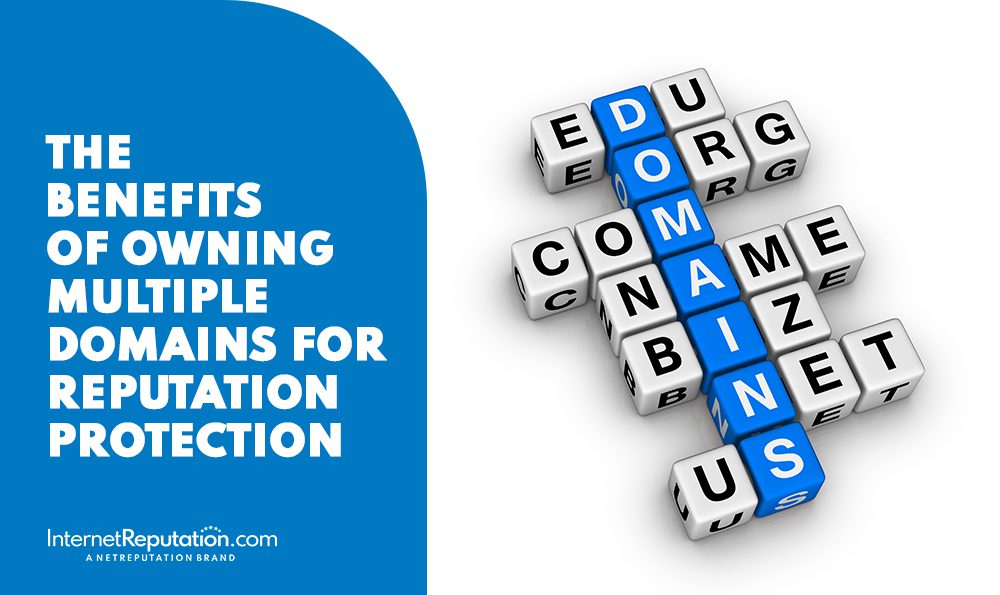Online Dominance: How to Establish With Reputation Management

Are you looking to establish online dominance? Reputation management is a great way to do it.
In this article, you’ll learn how to develop a strategy, analyze the competition, leverage tools, and measure success. You’ll also understand reputation management and how it can help you gain an edge.
So, if you’re ready to become a leader in your industry, let’s take the first step toward online dominance.
Key Takeaways
- Reputation management is the practice of monitoring and influencing online presence to maintain and improve public image.
- Developing a reputation management strategy involves setting goals, creating a plan, researching competition, identifying a target audience, and monitoring performance.
- Analyzing the competition helps identify gaps and areas for improvement compared to your reputation management strategy.
- Leveraging social media monitoring, SEO optimization, review monitoring, content creation, and analytics tools can aid reputation management efforts.
What should you know about Online Dominance?
Unlock the power of online dominance with our comprehensive guide to effective reputation management!
Discover the strategies and tools you need to establish a formidable online presence and take control of your digital narrative. Don’t let negative reviews or misinformation hold you back—empower your brand today and pave the way for success.
Dive into our article on Internet Reputation and chart the course towards a sterling online reputation!
Defining Reputation Management
Reputation management is the practice of monitoring and influencing your online presence to maintain and improve your public image. It involves understanding your audience and their perception of you or your brand.
Additionally, reputation management requires understanding search engine algorithms and how they index your content. This knowledge is crucial for optimizing your content and ensuring it ranks well in search engine results.
One of the main purposes of reputation management is to create a positive online presence. This is achieved by providing a platform to combat negative reviews or feedback. It also helps improve your search engine optimization (SEO) by increasing positive content and pushing down any negative content in search engine results.
Reputation management is not limited to search engines; it is also important for social media marketing. It allows you to create a positive and consistent presence across multiple platforms.
Developing a Strategy
By utilizing a well-defined strategy, you can establish your online dominance and gain control of your reputation. To do this, begin by identifying your goals. What do you want to accomplish? Once you know your objectives, create a plan to achieve them. Establishing a timeline and developing a budget are important elements of this strategy.
Next, research your competition. What are their strengths and weaknesses? How do they interact with their customers? Gathering this information, you can better understand the online landscape and develop a sound strategy.
We’ve identified several key elements and corresponding actions in our strategic planning process. First, there’s the “Goals” element, where we focus on identifying objectives and creating a timeline and budget to pursue those objectives effectively. Next is “Research,” which encompasses actions like analyzing the competition and gathering essential information to inform our strategic decisions. Moving on to “Audience,” the emphasis is on establishing a target audience and tailoring our messaging and strategies to resonate with them effectively. Lastly, we have “Engagement,” which involves actively interacting with users and continuously monitoring performance to adapt and enhance our strategies. These elements and actions collectively form a comprehensive framework for our strategic planning process, ensuring a systematic and well-structured approach to achieving our goals.
Then, determine your target audience. Who do you want to reach? Develop messaging and content that resonates with this demographic. Finally, interact with your users. Monitor feedback, respond to comments, and measure the performance of your campaigns. You can build a strong reputation and dominate the online space with a comprehensive strategy.
Analyzing the Competition
Once you have your goals, the next step in building your online presence is to analyze your competition. This means researching their digital footprints to understand their strategies for success, including the type of content they produce, the channels they use, and the frequency of their updates.
Examine how their target audience interacts with them, the type of engagement they generate, and how they’re managing their reputation. Take notes of what works for them and also what fails.
Compare this data to your strategy to identify gaps and areas for improvement. By taking the time to analyze your competition, you can better understand what it takes to succeed in the online space.
Leveraging Tools for Online Dominance
With so many tools available, it can be difficult to know which ones to use to maximize your reputation management efforts. To make the process easier, consider leveraging the following tools:
- Social media monitoring: Stay updated on the latest mentions of your brand to address any issues quickly.
- SEO optimization: Make sure you’re using relevant keywords to ensure your content is easily discoverable.
- Review monitoring: Review sites are essential for building credibility, so monitor them regularly to respond to customer feedback.
- Content creation: Keep your website content fresh and relevant to help build trust with your audience.
- Analytics: Track your KPIs to understand your performance and where you can improve.



